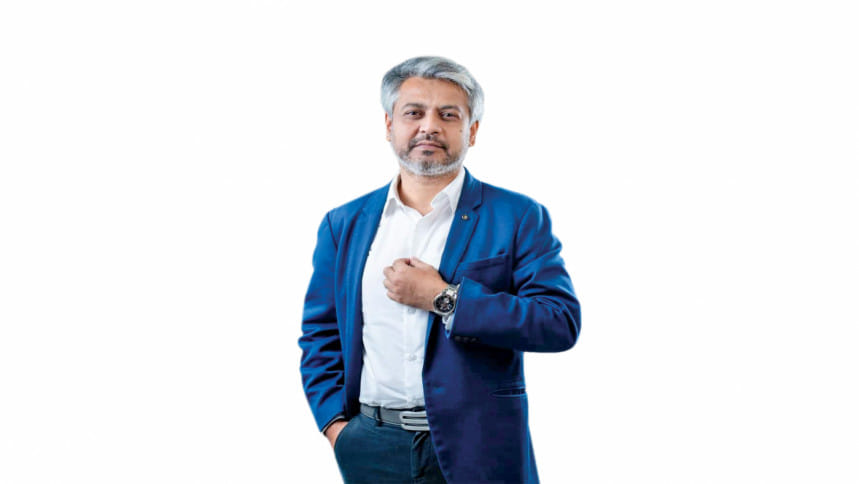Cashless economy: a tech leap with inclusion hurdles

Cashless payments are driven by innovations like online banking, cryptocurrencies, and mobile payments, delivering enhanced convenience, security, and efficiency. Countries like Norway, Sweden, and China lead with minimal cash usage and robust digital infrastructures.
In Bangladesh, rapid strides towards a cashless future through digital finance, mobile financial service (MFS), and e-commerce align with the SMART Bangladesh framework 2041, targeting 100 percent cashless transactions by 2031. With 1.77 million agents and 223 million registered clients in the MFS sector, Bangladesh aims to accelerate financial inclusion and economic efficiency.
Bangladesh's path to financial inclusion began with branch banking and microcredit. The introduction of MFS and agent banking in the 2010s was pivotal, particularly during the Covid-19 pandemic, enhancing transparency, introducing new financial products, and fostering inclusion.
The digital ecosystem also saw a surge with 36 million debit cards, 2.4 million credit cards, and 5.8 million prepaid cards. Internet banking engages 8.5 million users with monthly transactions totaling Tk 1 lakh crore.
Hindrances to a cashless Bangladesh
Insufficient digital infrastructure, limited internet access, lack of service points, and inadequate public education on digital transactions hinder the move towards a cashless economy. The lack of seamless integration among diverse payment systems impedes efficient cashless transactions and a smooth user experience.
Weak cybersecurity measures, encryption protocols, and insufficient monitoring leave digital payment systems vulnerable to cyber risks. Frequent technical glitches and power outages, coupled with inadequate backup systems and infrastructure resilience, undermine service continuity and user trust.
The significant urban-rural digital gap also limits equitable access to smartphones, and digital literacy, restricting inclusive participation in the cashless economy. Furthermore, insufficient regulations, monitoring, and authentication processes increase the risk of fraud and money laundering, eroding trust in digital transactions.
Building bridges: approaches for inclusion
Bangladesh's 8th Five-Year Plan emphasises ICT-driven financial inclusion while achieving a cashless economy requires collaborative efforts across the government, financial institutions, civil society, and the private sector to bridge the digital gap effectively. The BASIS has made some recommendations:
The Finance Bill 2024 mandates that software and IT-enabled service providers conduct transactions via bank transfers from July 1, 2024, to qualify for tax exemption until June 30, 2027. Although it aims at promoting cashless transactions, this requirement conflicts with SMART Bangladesh's goal for a cashless vision by 2031, presenting infrastructure scalability challenges and reliance on cash for daily expenses unsupported by current banking systems.
According to the Finance Bill 2024, thriving services like cloud computing and IT outsourcing could face adverse impacts if taxed, potentially displacing local businesses and deterring new entrants. Government investments in rural internet infrastructure and partnerships with telecom operators for fibre optic cables and Wi-Fi hotspots are crucial for enhancing accessibility.
Essential financial literacy programmes in local languages through radio broadcasts, mobile tutorials, and community outreach are vital for rural citizens to adopt safe digital practices. Cybersecurity awareness campaigns are essential to educate citizens about online threats, complemented by robust security measures and data encryption technologies in financial institutions to protect user information.
Bangladesh's path to a cashless economy requires meticulous planning and collaboration among policymakers, financial institutions, and technology providers. Despite high expectations, numerous challenges must be effectively tackled. Addressing these issues is pivotal for realising Bangladesh's vision of a comprehensive cashless economy, paving the way for a more inclusive and efficient financial landscape.
The author is senior vice-president of the Bangladesh Association of Software and Information Services.

 For all latest news, follow The Daily Star's Google News channel.
For all latest news, follow The Daily Star's Google News channel. 



Comments